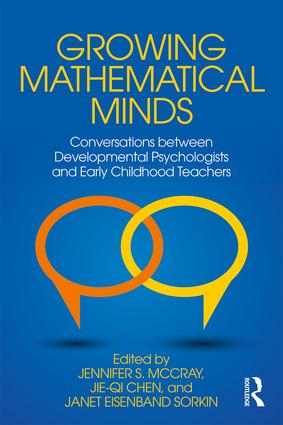Reimagining Early Math Education
This two day event addressed the commitments in the RJEM Call to Action by:
● Framing the ways that racial oppression and white supremacy affect early mathematics education;
● Examining our individual and collective responsibilities to address racial oppression and injustice in early math; and
● Contributing to new thinking around early math education that is worthy of children and families who have been historically underserved.
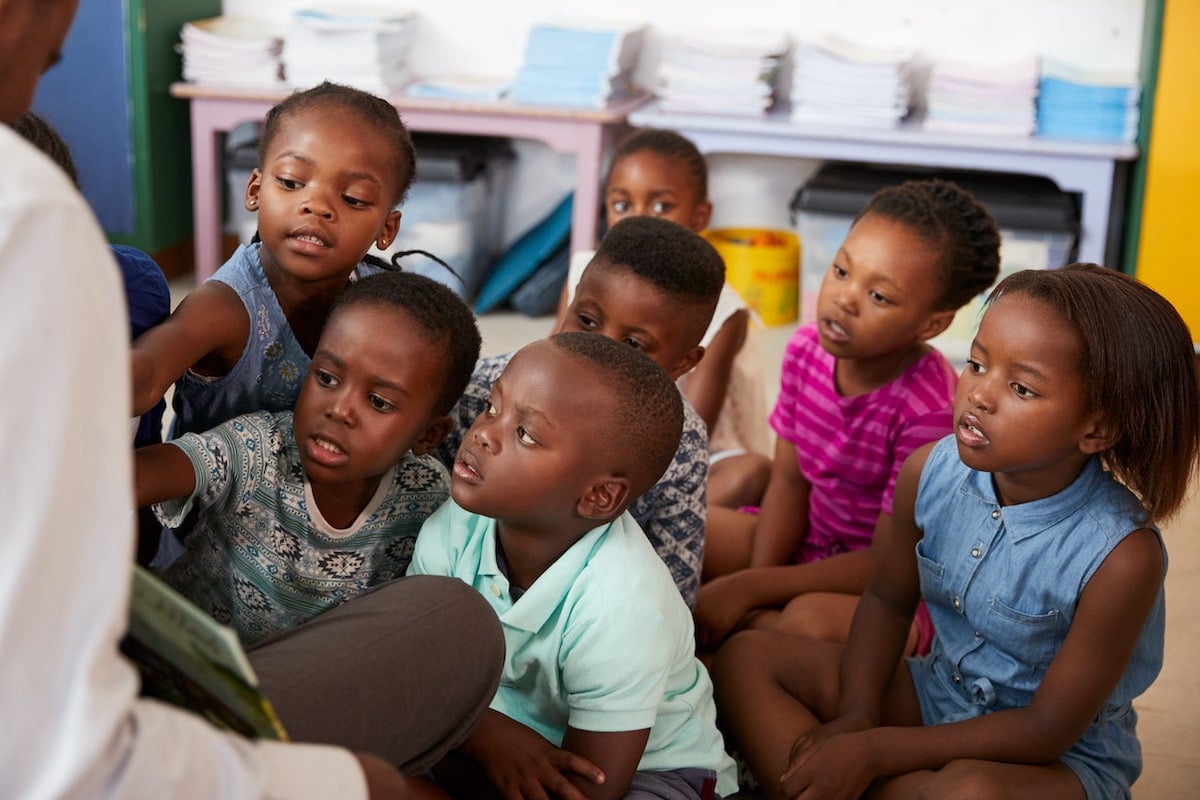
We welcomed scholars, community leaders, teachers, activists, policymakers, and parents from all walks of life to take place in this essential event.
We dived deeply into problems of systemic racism and the ways they injure our youngest math learners. We thought collectively about how these systems manifest in the environments in which we live and work. Both at the event and moving forward we work to develop new approaches to ensure that historically marginalized children have every opportunity to make mathematics their own.
As part of the event, we heard from educators, parents, scholars, and community members who have developed creative and inspiring ways of providing mathematics education opportunities that circumvent or disrupt the systemic racial injustices embedded in our educational systems. There built several opportunities to connect with others who care about this work, building new relationships with like-minded colleagues.
Promising Math 2022 took place virtually on May 17th and 18th.


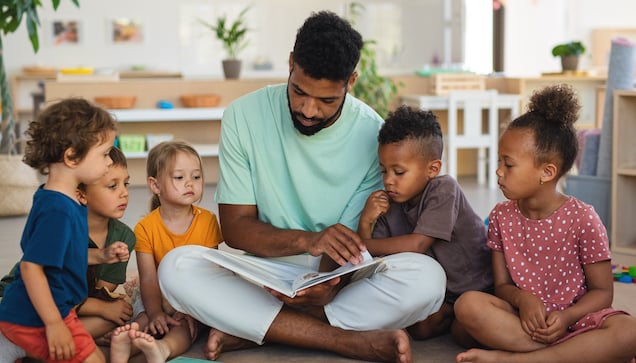
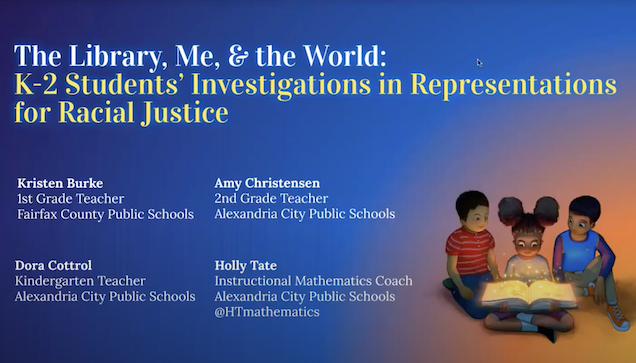

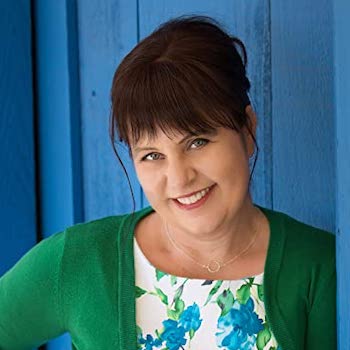 Amy Parks is a Professor at the Department of Teacher Education at Michigan State University. Her current projects include investigations of the role of play in mathematical learning, the resources parents draw on when supporting their children in mathematics, connections between emotional relationships and content learning in primary classrooms, and the mathematical engagements that are possible in informal spaces. She is author of Exploring Mathematics through Play In the Early Childhood Classroom (2014).
Amy Parks is a Professor at the Department of Teacher Education at Michigan State University. Her current projects include investigations of the role of play in mathematical learning, the resources parents draw on when supporting their children in mathematics, connections between emotional relationships and content learning in primary classrooms, and the mathematical engagements that are possible in informal spaces. She is author of Exploring Mathematics through Play In the Early Childhood Classroom (2014).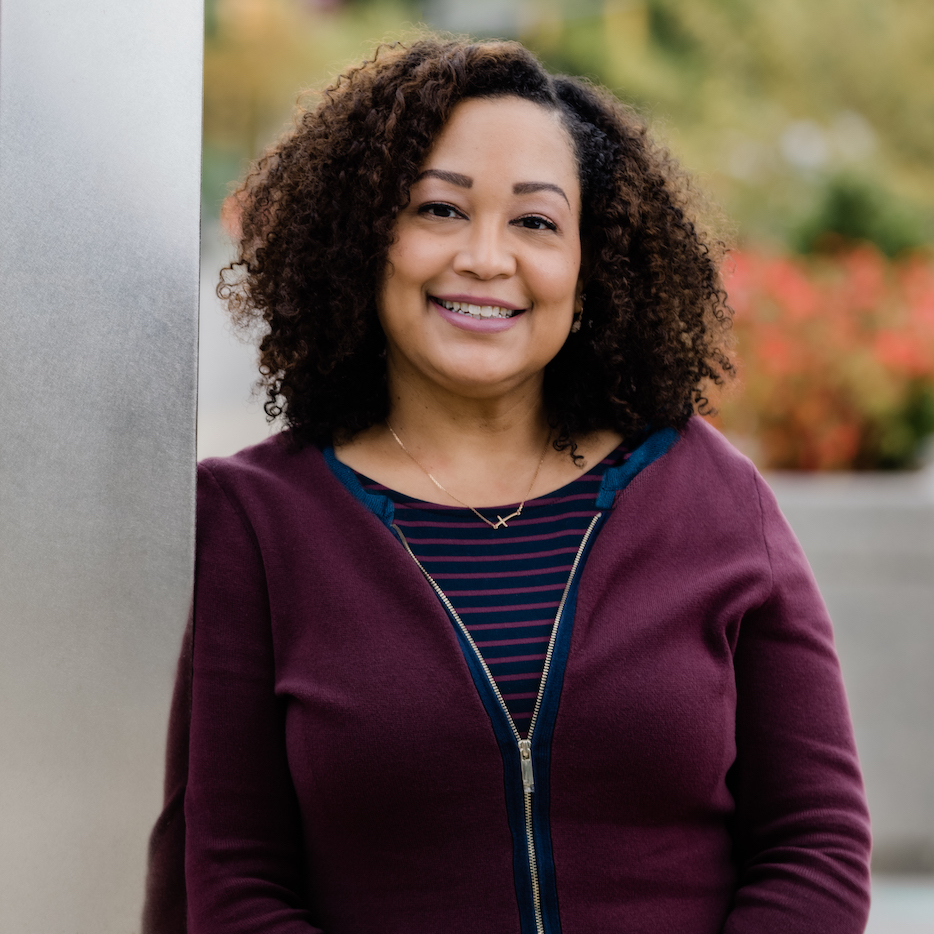 Tambra Jackson is Dean of the School of Education at Indiana University – Purdue University, Indianapolis. She considers herself to be a scholar-activist and is committed to social justice issues pertaining to the historical and contemporary oppression, miseducation, and liberation of children of Color in U.S. schools. She is author of Black Mother Educators: Advancing Praxis for Access, Equity and Achievement (2021).
Tambra Jackson is Dean of the School of Education at Indiana University – Purdue University, Indianapolis. She considers herself to be a scholar-activist and is committed to social justice issues pertaining to the historical and contemporary oppression, miseducation, and liberation of children of Color in U.S. schools. She is author of Black Mother Educators: Advancing Praxis for Access, Equity and Achievement (2021).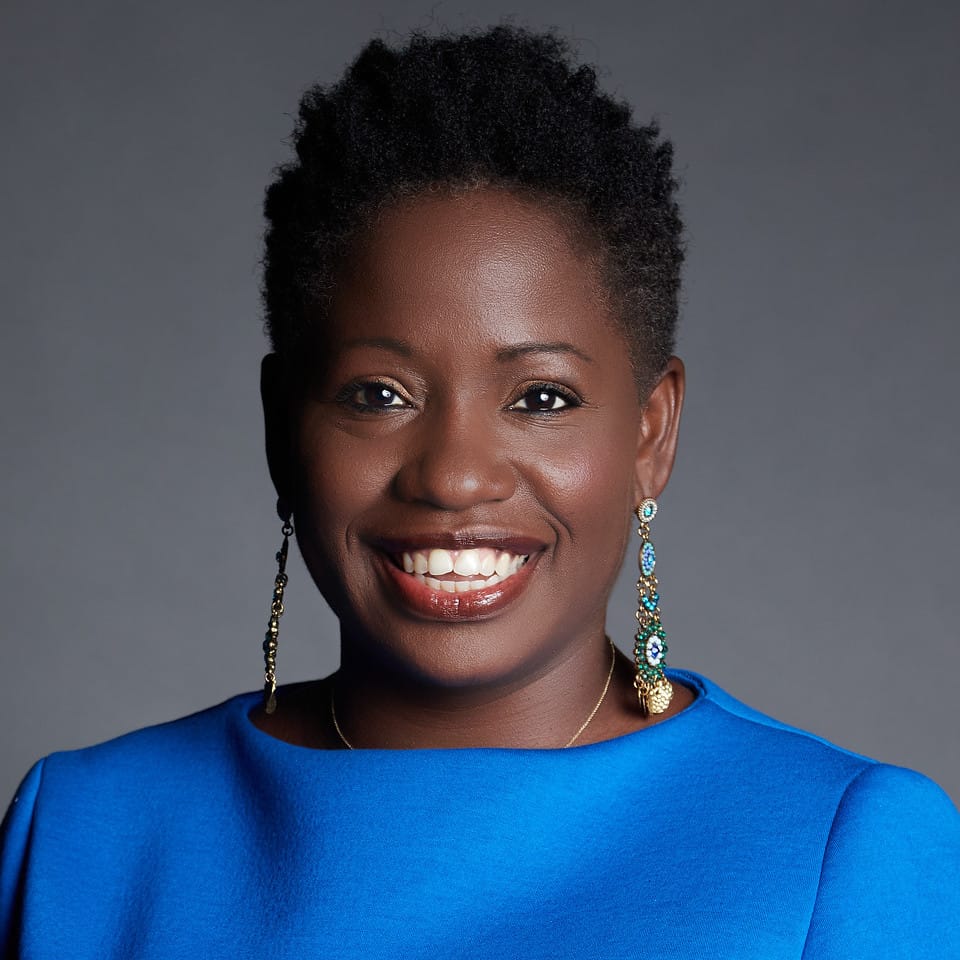 Nakisha Hobbs is a Chicago native and fourth-generation educator. In response to the negative impact of high-stakes testing, Nakisha mobilized a group of peers to develop an African-centered tutoring program designed to empower marginalized youth. Nakisha continued her passion to address inequities in education by co-founding It Takes A Village Family of Schools in 2004 and Village Leadership Academy (VLA) in 2007. Recognized as a leader in education, Nakisha was tapped in July of 2018 to lead the State of Illinois’ Office of Early Childhood for the Illinois Department of Human Services. In 2020, she transitioned back to ITAV, now serving as Chief Executive Officer. Some of her areas of expertise include Strategic Planning, Educational Leadership, Legislation, Family & Community Engagement, Public Speaking, Budget Administration, Grant Writing, and Advocacy work.
Nakisha Hobbs is a Chicago native and fourth-generation educator. In response to the negative impact of high-stakes testing, Nakisha mobilized a group of peers to develop an African-centered tutoring program designed to empower marginalized youth. Nakisha continued her passion to address inequities in education by co-founding It Takes A Village Family of Schools in 2004 and Village Leadership Academy (VLA) in 2007. Recognized as a leader in education, Nakisha was tapped in July of 2018 to lead the State of Illinois’ Office of Early Childhood for the Illinois Department of Human Services. In 2020, she transitioned back to ITAV, now serving as Chief Executive Officer. Some of her areas of expertise include Strategic Planning, Educational Leadership, Legislation, Family & Community Engagement, Public Speaking, Budget Administration, Grant Writing, and Advocacy work.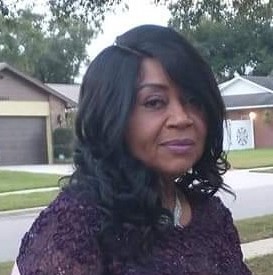 Meralyn Kirkland is the grandmother of Kaia Rolle. She lives in Orlando, FL with her husband, daughter, and 3 grandchildren. She works at a bank, loves gardening and traveling and is passionate about her grandchildren. Because of her granddaughter’s experience it has become a burning desire for Meralyn to see that no other child and no other family has to endure what happened to Kaia and her family.
Meralyn Kirkland is the grandmother of Kaia Rolle. She lives in Orlando, FL with her husband, daughter, and 3 grandchildren. She works at a bank, loves gardening and traveling and is passionate about her grandchildren. Because of her granddaughter’s experience it has become a burning desire for Meralyn to see that no other child and no other family has to endure what happened to Kaia and her family. 

